Cloud technology is transforming business of all sizes and types. Executives are embracing the digital transformation and understand the cloud is more than a mere technology offering. For CEOs, CFOs, and CTOs, the cloud is a force that is elevating their roles as innovators of organizational growth. There isn’t a clear path to making a decision for business leaders when it comes to making a cloud-based transformation. Yet, there are many forward-looking asset and equipment finance companies that are reshaping the very role and purpose of IT. Asset and equipment finance companies are turning their IT departments into agents of digital transformation and leveraging the benefits of the cloud to transform their business.
In the second part of this series, we have put together five cases to help you develop a road map for your cloud journey and how leveraging ASPIRE powered by LTiCloud can transform your business.
1. Scaling With Speed of the Business
Efficient scalability is one of the greatest advantages the cloud offers over an on-premise or hosted solution. The cloud serves as a way to accommodate growth and expansion in organizations. Cloud computing enables you to quickly scale resources up or down based on demand. With the cloud, you get the performance and capacity you need, when you need them. You are not paying for them when you don’t need it. The cloud gives you flexibility to support your customers as your business grows while helping to keep costs under control.
2. SaaS Integration
A Software as a Service model, known as SaaS, can provide significant advantages for forward-looking businesses. The simplest definition of SaaS refers to users renting the software instead of purchasing it. Most SaaS providers offer a usage-based subscription that can be purchased on a monthly or yearly basis. SaaS eliminates the upfront costs of purchasing/installing software. The subscription-based model allows you to easily download applications as you go. SaaS can provide great advantages for small businesses. It provides access to expensive, high-powered software that might otherwise be unobtainable through conventional purchasing methods. Moreover, the scalability with SaaS integration provides you flexibility and capability to access the software from any location, any time.
3. Automated Disaster Recovery
There are several different scenarios that could cause IT outages and impact business continuity. Unfortunately, events such as fire, flood, earthquake, as well as unplanned downtime can disrupt business continuity. Understanding the essentials of disaster recovery is critical for minimizing the impact of unplanned downtime on your business. Across different sectors and industries, asset and equipment finance companies recognize that downtime can quickly result in lost revenue. By selecting a cloud-based disaster recovery offering, you can create the necessary backup infrastructure. And by doing so, you will also avoid large capital expenses and the costs of managing the environment. As mentioned, cloud providers only charge you for the services you use. With the cloud, you won’t incur any cost to build and maintain duplicate data centers. You will only pay a fraction of that when backing up your applications in the cloud.
4. Automation
Automation provides agility and a key reason for how the cloud is transforming business. The real game-changing aspect of a cloud solution such as ASPIRE powered by LTiCloud is that it offers a uniform API-driven platform. Features including computing, storage, and network resources make a cloud solution inherently automatable. The cloud monitors and manages resources automatically. This means that asset and equipment finance companies can now completely automate workflows that were once done manually. The cloud speeds up companies’ agility as they strive to keep up with increasing demands and better service to customers. In addition, the combination of agility and operational efficiency offers companies a compelling technology solution to streamline workflows.
5. Innovation
New global research from Google provides in-depth insight showing how the cloud is transforming business and inspiring innovation. Globally, 47 percent of survey participants said that the majority of their companies’ IT infrastructures already use cloud computing. Further, cloud technology offers flexibility where most legacy systems are too rigid to make adjustments in increasing operational efficiency. Cloud computing provides organizations greater efficiency, streamlined infrastructure, and reduced costs. By freeing up these resources, this allows organizations to focus on the business and achieve innovation. As the technology landscape continues to evolve and change, companies will need to adapt as well. The cloud gives companies a competitive edge in the markets they serve – by providing companies an agile product development process and, as a result, an improved experience for customers.
Lastly, as shown in Google’s global research, 79 percent of respondents already consider the cloud as an important driver of revenue growth. 87 percent expect it to become an important driver of revenue growth within one decade. So as you can see, cloud technology adoption is on the rise every year. Companies recognize the value and benefits of cloud computing and how it affects operational efficiency, security, and revenue.
If you have any questions on how to optimize your performance and reduce costs, contact us today to learn more about how leveraging ASPIRE powered by LTiCloud can transform your business.

